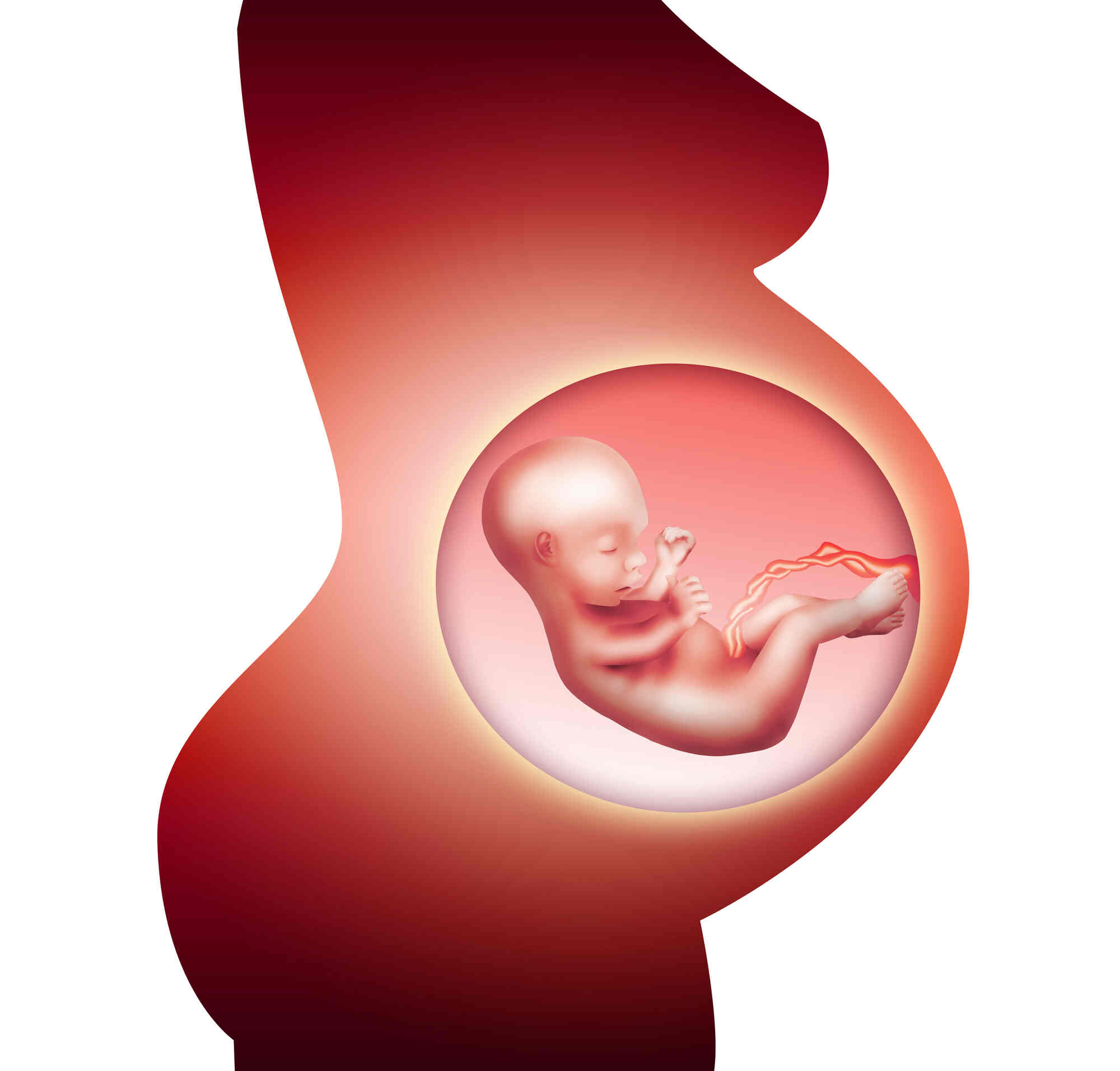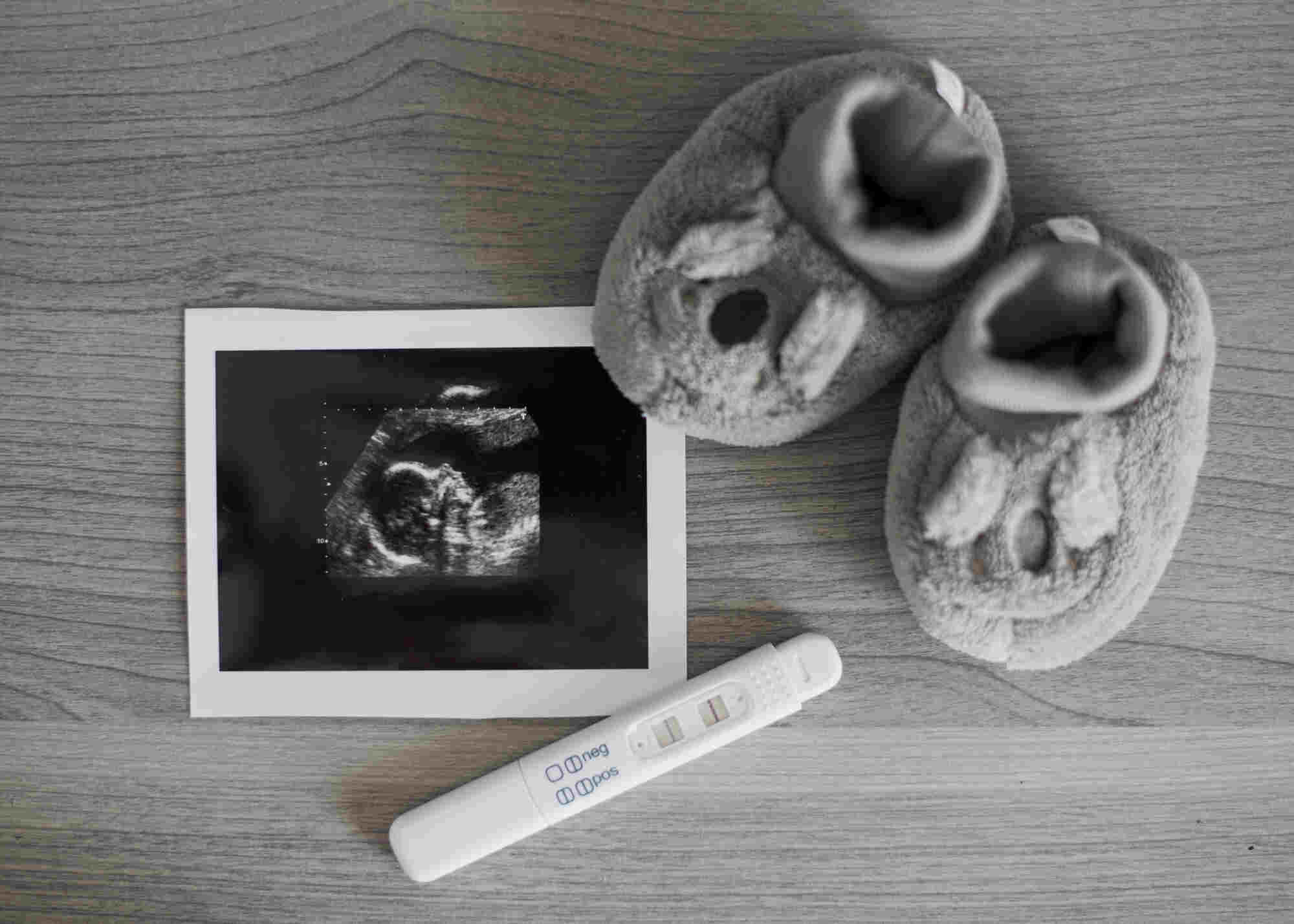Author –Dr Preety Aggarwal
MBBS, DGO, DNB,
Medical Director (Gurgaon)- Obstetrics and Gynaecology
Low Blood Pressure in Pregnancy and Its Treatment
Introduction
According to Dr Preety Aggarwal, MBBS, DGO, DNB, Medical Director (Gurgaon)- Obstetrics and Gynaecology, a woman’s body goes through several hormonal and physiological changes during pregnancy. Some of these changes can also cause gestational diabetes or low blood pressure (hypotension). To nourish the growing foetus, the blood vessels in the woman’s body are dilated. This also reduces blood pressure and may also affect the baby if left untreated. Low blood pressure is common during pregnancy and can also be managed by dietary and lifestyle changes.
What Causes Low Blood Pressure in Pregnancy?
The best gynaecologist in sector 57 tells us that low blood pressure in pregnancy lasts for close to 24 weeks and resolves on its own as the mother’s body starts adjusting to the pregnancy. A prolonged lowering of blood pressure, however, is detrimental to the health of the mother and the baby.
The common reasons behind low BP are:
1. The hormones responsible for the baby’s growth cause dilation of blood vessels.
2. A growing foetus utilizes your energy for cell division and growth so you feel low on energy levels.
3. Since nausea and vomiting are also common in pregnancy, the diet slows down which also leads to low energy.
The other causes also include:
1. Dehydration.
2. Excessive vomiting.
3. Anaemia.
4. Loss of blood or internal bleeding.
5. Infections.
6. Other medical conditions include heart disease.
What are the Symptoms of Low Blood Pressure?
The gynaecologist in Gurgaon states the following common low blood pressure symptoms:
1. Nausea.
2. Fatigue.
3. Weakness.
4. Increased thirst.
5. Lethargy.
6. Double or blurred vision.
7. Weakness.
8. Cold skin.
It is important to note that the initial symptoms of hypotension may not be alarming. A sudden drop in BP, however, can cause:
1. Falls and shock.
2. Organ damage.
3. Ectopic pregnancy.
A continued low BP can be fatal for the growing foetus and the mother. Hence, you should reach out to the gynaecologist in Gurgaon for immediate support.
What is the Treatment for Low Blood Pressure During Pregnancy?
Since hypotension is common during pregnancy, it is usually managed by medications. Apart from medications, the best gynaecologist in sector 57 also recommends lifestyle modifications, this includes:
1. Diet
The diet in pregnancy should include a balanced meal. You can create small portions and frequent meals throughout the day instead of one large meal to avoid nausea. Apart from this, make sure to hydrate yourself with coconut water or fruit juices.
2. Adequate Rest
If you have low BP, do not get up abruptly from a seated position or while lying on the bed to prevent sudden changes in BP. If you feel dizzy, lie on your left side to increase blood flow to the heart. Make sure that you give yourself sufficient rest. You can also try wearing loose clothes or high-knee compression stockings to improve your blood circulation.
3. Exercise
Although sudden physical activity may not be suitable for women with low BP, moderate exercise may help you in the long run. Before starting any workout regime, make sure that you consult a gynaecologist in Gurgaon to prevent complications.
If you are experiencing low blood pressure during pregnancy, it is important to know when to seek medical attention. You should contact Dr Preety Aggarwal at the Motherhood Hospitals if you are experiencing prolonged symptoms.


 Toll Free Number
Toll Free Number















